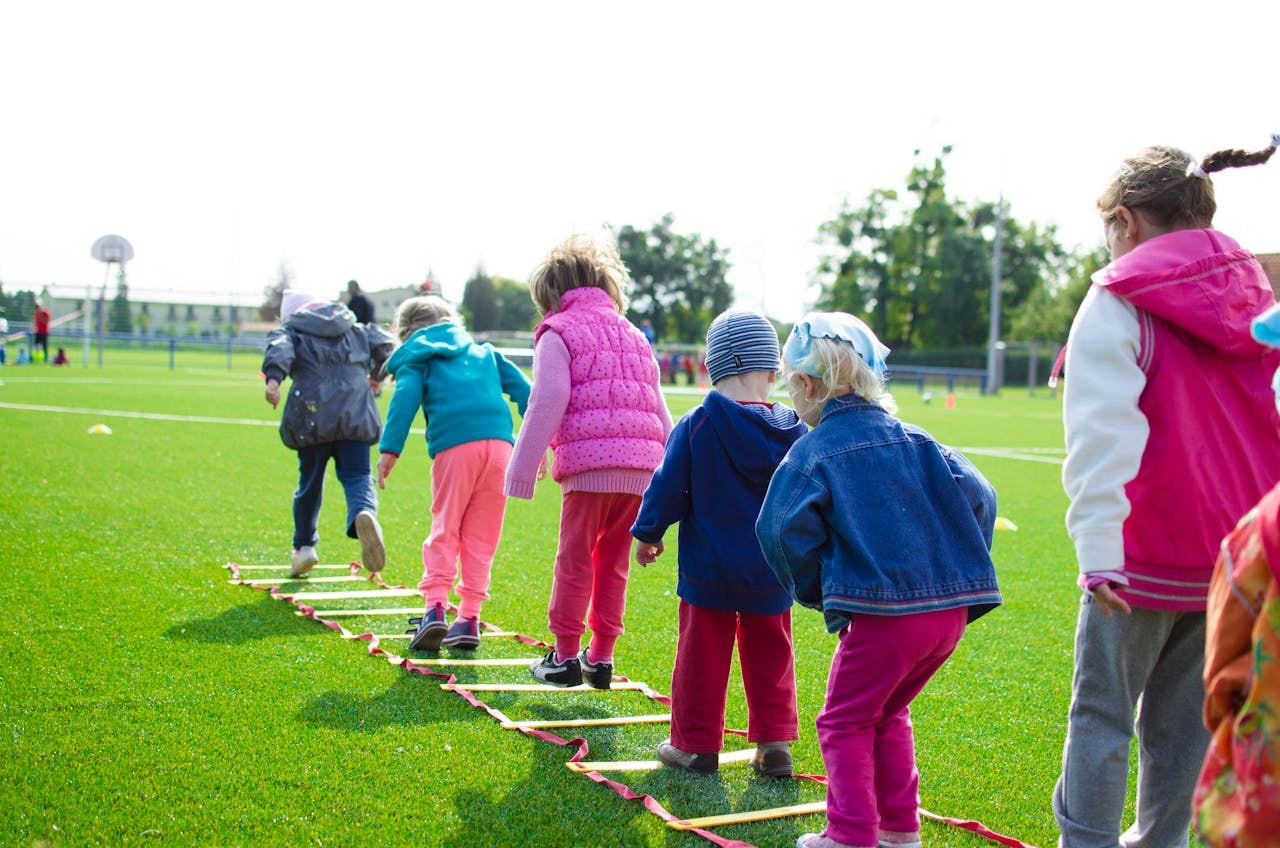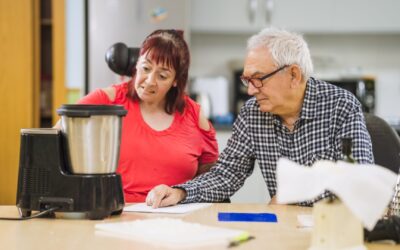
Early learning intervention is a powerful approach to ensuring that young children, particularly those with developmental delays or disabilities, receive the best possible start in life.
At Re.Connect support services, we believe in empowering families, children, and communities with tailored services and supports that nurture every child’s ability to thrive.
This article delves into the importance of early childhood intervention, the services available, and how families can access support for their child’s development, making a lasting difference in a child’s life.
What Is Early Learning Intervention?
Early learning intervention refers to a department of education with specialised support and services designed to assist young children with developmental concerns or disabilities.
It focuses on helping children acquire essential new skills during their early years to enhance their growth and overall development.
Families, early childhood educators, and professionals work together to create a family-centred approach to early childhood that supports a child’s learning through everyday activities. By incorporating these strategies early in a child’s life, families can foster their child’s confidence and independence. A child learns best in familiar environments with the involvement of parents and family, which fosters a sense of safety and inclusion.
Why Early Childhood Development Matters

The early years are crucial for a child’s development, as they form the foundation for lifelong learning and well-being. Early intervention ensures that children with disability or developmental delay have access to quality services, education, and resources that can help them reach their full potential.
Key Benefits of Early Learning Intervention:
- Enhances a child’s ability to participate in school and community activities.
- Builds more confidence in parents and carers to support their child and involvement in community activities.
- Promotes the development of new skills that benefit children throughout their lives.
- Provides children with disability access to community supports and allied health services.
Understanding Early Childhood Intervention Australia
Early childhood intervention services in Australia follow national guidelines that prioritise a family-centred and inclusive approach. The early childhood approach is a framework designed to support children under nine years old, particularly those with disabilities or developmental delays.
These services are designed to meet the unique needs of children and their families, ensuring that early intervention services and programs are accessible and effective.
Services and Supports Offered:
- Key Worker Models: A dedicated professional who coordinates support for families and works closely with allied health teams.
- Allied Health Services: Specialists like speech pathology, occupational therapists, and physiotherapists help address developmental concerns.
- Community Supports: Programs tailored to local area needs, such as supported playgroups and workshops.
- Preschool and School Entry Support: Preparing young children for a smooth transition to education.
How Early Intervention Services Work

Early intervention services focus on integrating support into everyday activities to enhance a child’s learning. Professionals work collaboratively with families to provide strategies that enhance a child’s learning and participation in community life.
The Role of Early Childhood Partners:
Early childhood partners help families navigate the National Disability Insurance Scheme (NDIS) and access support tailored to their child’s needs.
They work to identify suitable early intervention programs and ensure that families are connected to appropriate services.
Building Strong Foundations Through Family-Centred Practices
At the heart of early learning intervention is a family-centred approach. This ensures that parents and carers are involved in decision-making, positively impacting a child’s life, and are equipped with the resources they need to support their child’s development.
Examples of Family-Centred Practices:
- Encouraging participation in everyday activities to develop new skills.
- Providing practical strategies for raising children with developmental concerns.
- Involving parents in therapy sessions to learn best practices directly from professionals.
Who Can Benefit from Early Intervention Support?

Early intervention is designed for young children who may experience developmental delays, disabilities, or other challenges affecting their ability to learn and grow. Families of children with conditions like cerebral palsy, autism, or speech delays often benefit from these services.
Early Intervention Supports Include:
- Tailored programs for children with disability.
- Access to allied health professionals and quality services.
- Community and education resources that address specific developmental concerns.
The Importance of Allied Health in Early Childhood

Allied health professionals play a significant role in delivering early intervention services. These experts work with children, families and educators to address developmental concerns and provide specialised support.
Types of Allied Health Services:
- Speech therapy to improve communication skills.
- Occupational therapy to enhance everyday activities and participation.
- Physiotherapy to support physical development and motor skills.
How Families Can Access Support
Navigating support services can seem overwhelming, but early childhood partners and organisations like Re.Connect Support Services simplify the process.
Through NDIS participants or local community networks, families can access tailored early intervention support programs designed to meet their unique needs.
Steps to Access Early Learning Intervention:
- Identify developmental concerns or seek advice from professionals.
- Connect with early childhood educators or allied health specialists.
- Work with early childhood partners to explore available programs and resources.
- Develop a personalised plan focusing on the child’s ability and needs.
Empowering Families and Communities
Early childhood intervention is not just about school or about helping the child—it’s about empowering families and strengthening communities. By supporting a child’s development, we pave the way for inclusive and vibrant communities where every child has the opportunity to thrive.
Community Supports and Programs:
- Local area initiatives designed to meet specific needs.
- Workshops for parents and carers on supporting their child’s learning.
- Programs to develop skills essential for school and life.
Conclusion: Giving Every Child in Early Learning intervention the Best Possible Start
At Re.Connect Support Services, we are passionate about providing families with access to quality services and supports that make a lasting difference in a child’s life. Through early learning and intervention services, we help children and families build brighter futures filled with confidence, connection, and growth.
Whether you’re raising children with disabilities or seeking support for developmental concerns, our team is here to guide you every step of the way. Let’s work together to ensure every child has the best possible start in life!


